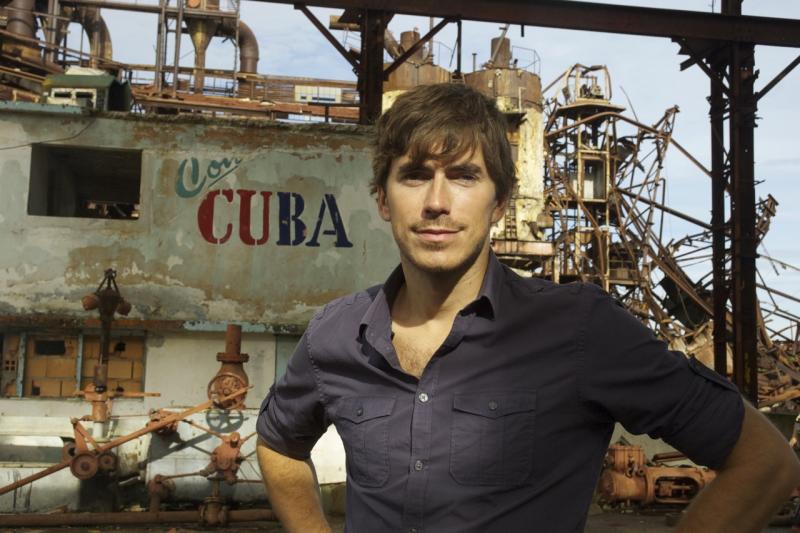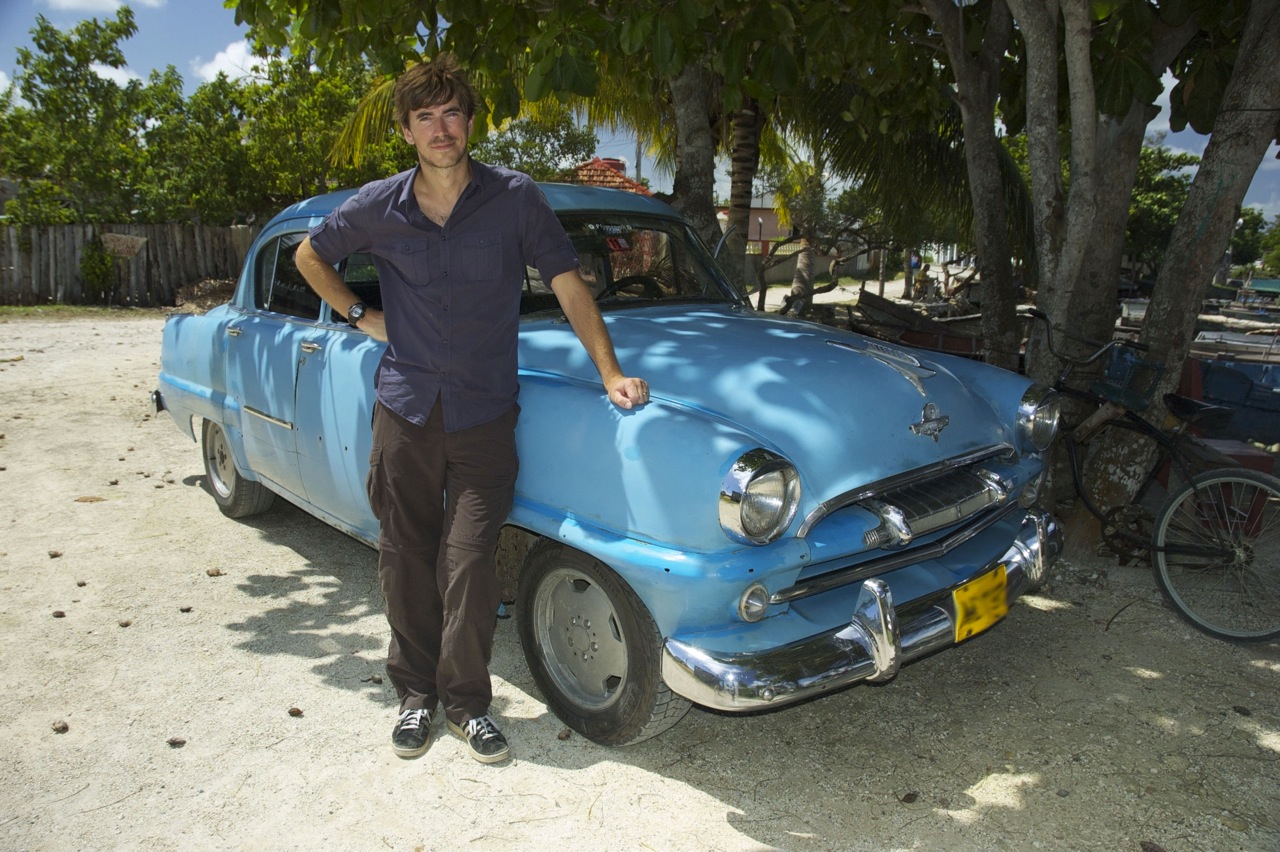


The singer-songwriter Jesse Malin opens one of his songs with a monologue about a trip to Russia. Fresh out of a relationship, and invited by the gypsy punk troupe Gogol Bordello to open their tour of the country, he looked forward to seeing Red Square and spending time in a different world. He was disappointed, however, when the first things he saw there were a McDonald’s, a Starbucks and a Subway.
The punchline to Malin’s story is that there are fewer and fewer differences wherever you go in the world these days - everywhere, people are just trying to make a living and getting on with their lives in the shadow of huge corporations. As one of the world’s last Communist strongholds, Cuba still feels like somewhere properly different - “stuck in a timewarp”, as the travel journalist Simon Reeve describes it. However, as Castro’s regime begins to loosen its grip in the hope of generating some urgent tax revenues to fund the country’s stagnating economy, it probably won’t remain that way for much longer.
 Irrevocable change is always bittersweet, but even as Reeve marvels at Cuba’s working steam train, egalitarian access to education and the arts [3] and gorgeous, pre-revolutionary cars (pictured right) he cannot escape Havana’s crumbling infrastructure and the poverty of the country’s ordinary people. Like any visiting journalist Reeve was forbidden from interviewing any prominent political dissidents, but over the course of his hour-long look at a country on the cusp of its second major revolution he spoke to ordinary Cubans whose daily lives have been transformed by the country’s recent drive to encourage self-employed entrepreneurs.
Irrevocable change is always bittersweet, but even as Reeve marvels at Cuba’s working steam train, egalitarian access to education and the arts [3] and gorgeous, pre-revolutionary cars (pictured right) he cannot escape Havana’s crumbling infrastructure and the poverty of the country’s ordinary people. Like any visiting journalist Reeve was forbidden from interviewing any prominent political dissidents, but over the course of his hour-long look at a country on the cusp of its second major revolution he spoke to ordinary Cubans whose daily lives have been transformed by the country’s recent drive to encourage self-employed entrepreneurs.
During his stay Reeve visited a local ration shop with Havana resident Cecelia, met the owner of a burgeoning McDonald’s-style fast food franchise and visited a family who have turned their home into a guest house and restaurant. The beaches of the legendary Bay of Pigs, synonymous with the revolution, have become something of a tourist hot-spot in this new Cuba.
It was the story of Asus, a qualified doctor paid so little by the state that he moonlights as a plumbing supplies salesman, which showed what Reeve described as the “best and worst” of Cuba. Without the loosening of the controls preventing its people from making their own living - albeit still strictly limited to a precise 118 occupations - the most qualified professionals can only earn £15 a month from the state. What its people could lose in return, however, are educational opportunities and healthcare provided to all regardless of background.
Reeve’s boyish charm - his over-familiarity with some of the residents verges on the patronising at times - lent him access to parts of Cuba that the totalitarian regime would surely wish to see kept under wraps. Those interviewed were careful not to say anything negative about the government, but Cecelia showing Reeve the supports that held up a house that had been on the waiting list for a new roof for 16 years said more about the changes ordinary Cubans need to see in their everyday lives than the staunchest revolutionary.
The presenter’s occasionally irritating quirks were worth it for the access they granted him to a society, and a way of life, rarely presented in Western media. The resulting report was never anything less than fascinating.
Links
[1] https://theartsdesk.com/users/lisa-marie-ferla
[2] https://www.addtoany.com/share_save
[3] http://www.theartsdesk.com/dance/swan-lake-ballet-nacional-de-cuba-london-coliseum
[4] https://theartsdesk.com/node/40909/view
[5] https://theartsdesk.com/node/43899/view
[6] https://theartsdesk.com/node/1273/view
[7] https://theartsdesk.com/node/1292/view
[8] https://theartsdesk.com/node/53170/view
[9] https://theartsdesk.com/tv
[10] https://theartsdesk.com/topics/cuba
[11] https://theartsdesk.com/topics/documentary
[12] https://theartsdesk.com/topics/bbc-two
[13] https://theartsdesk.com/topics/reviews